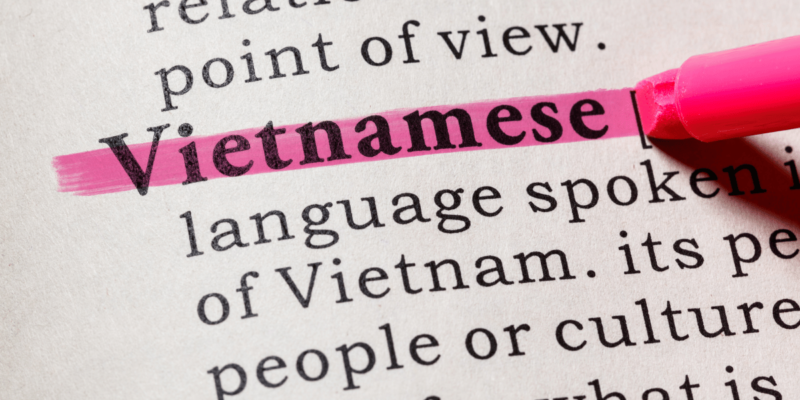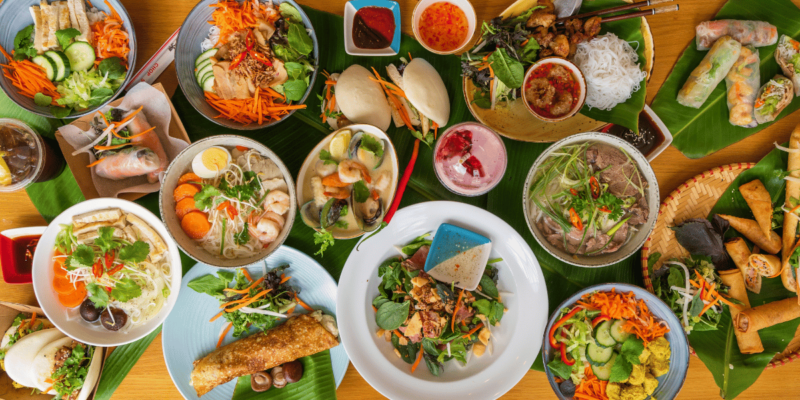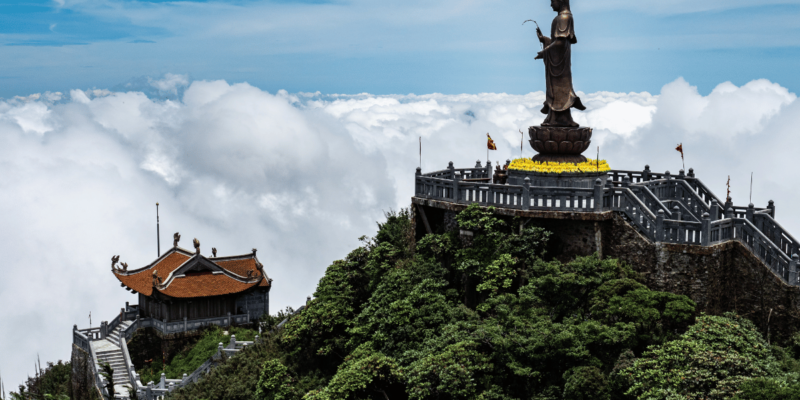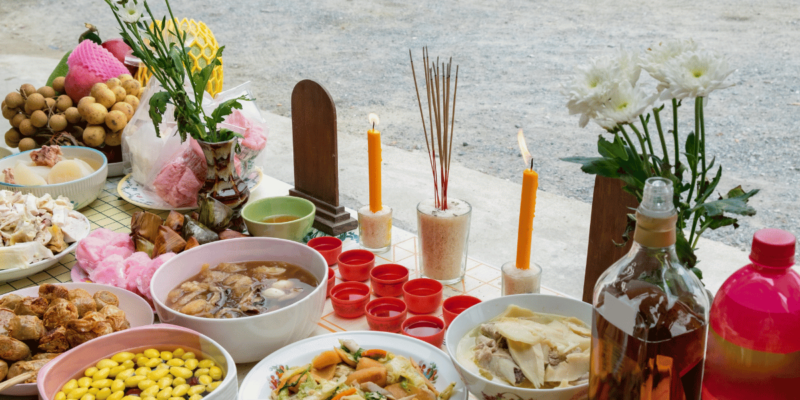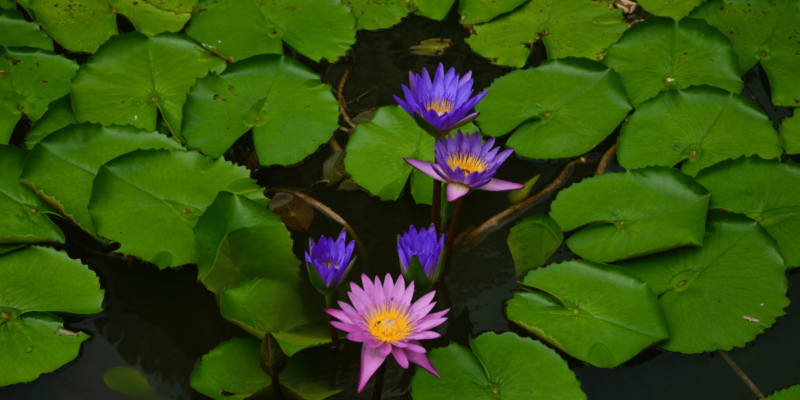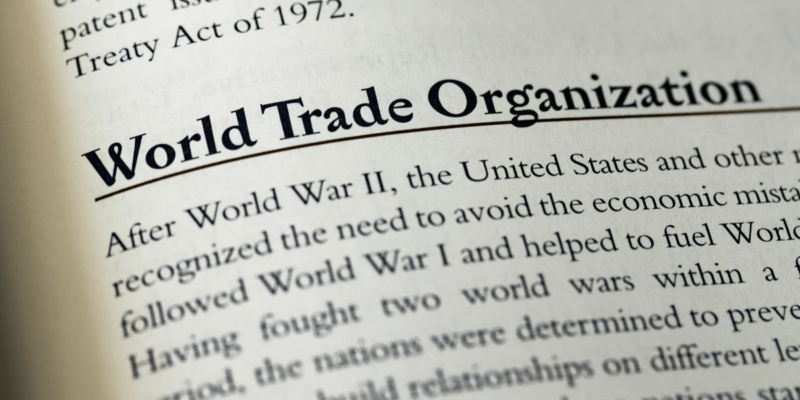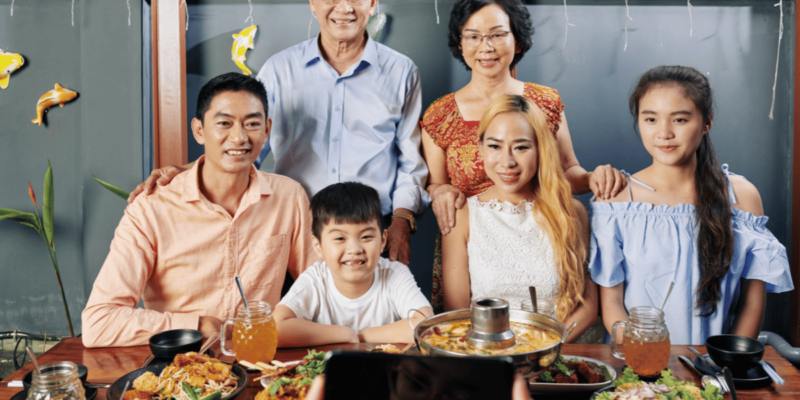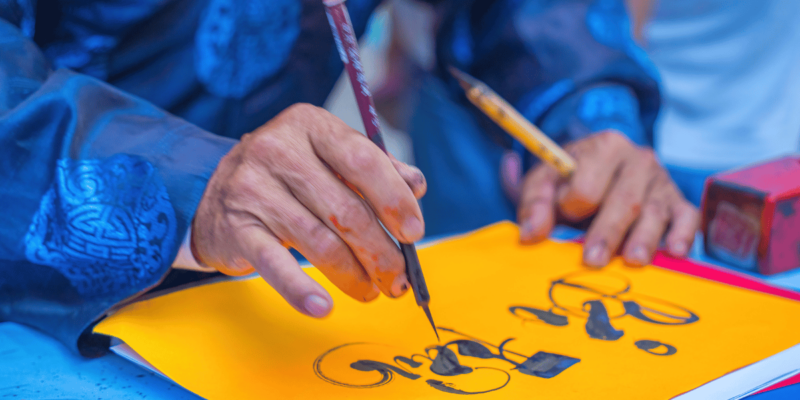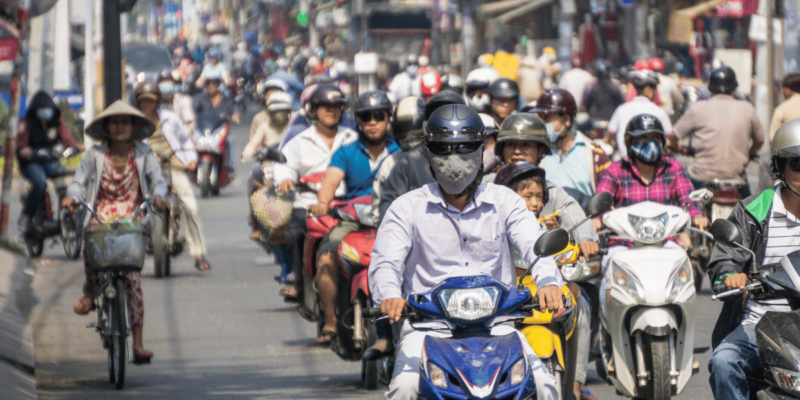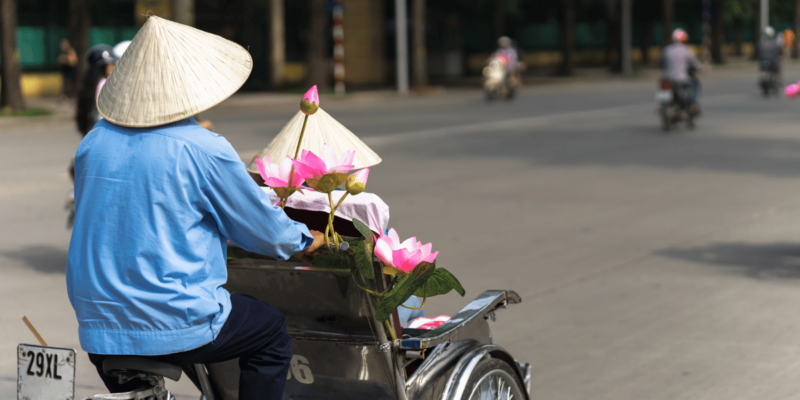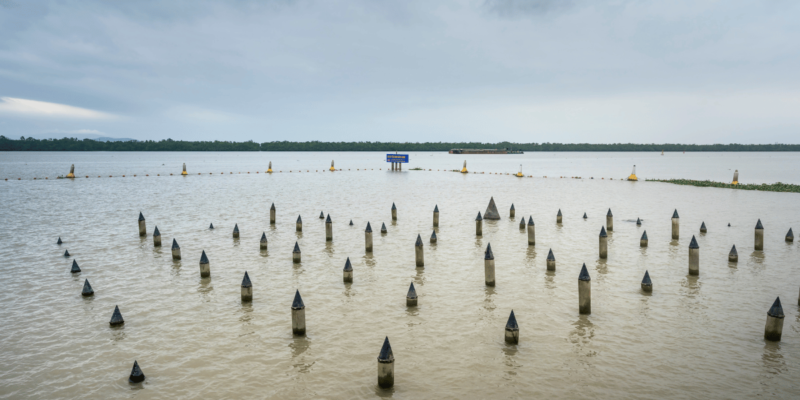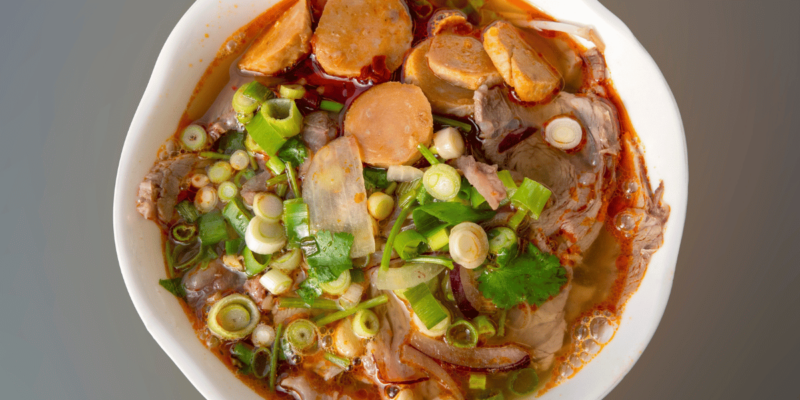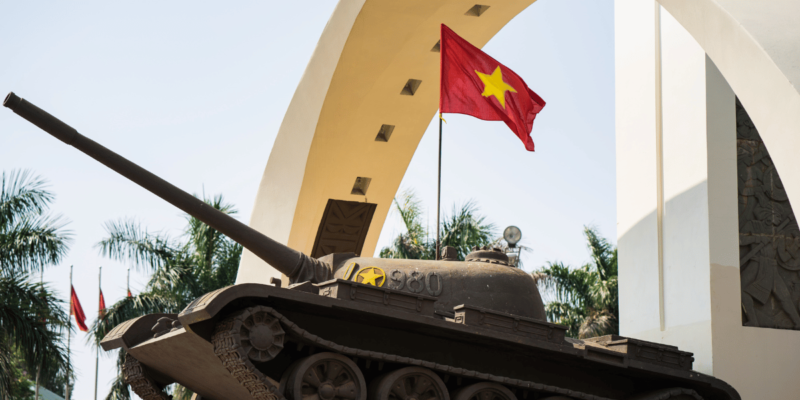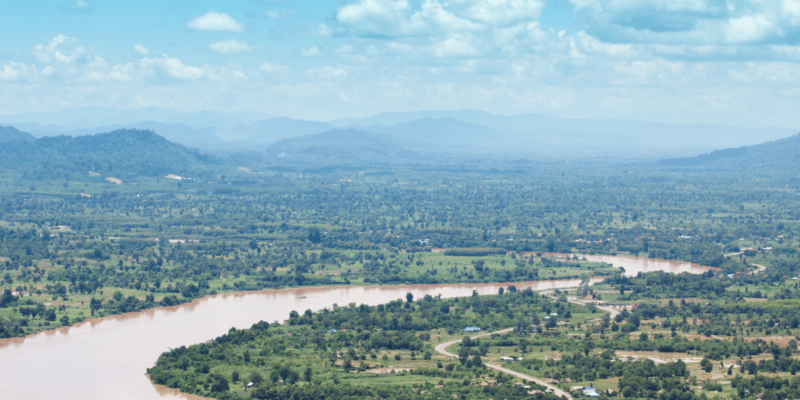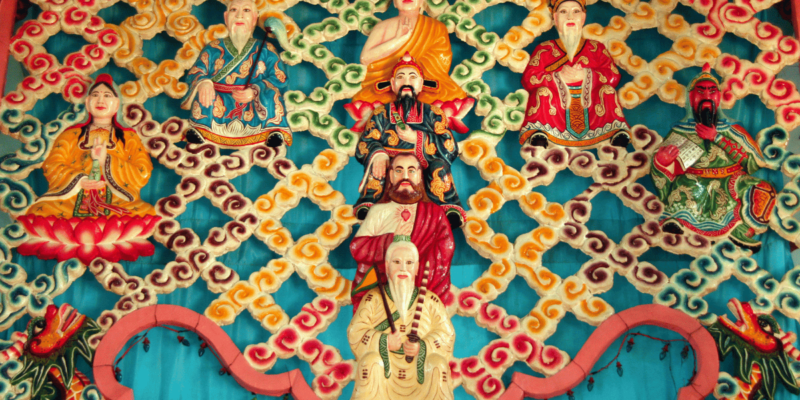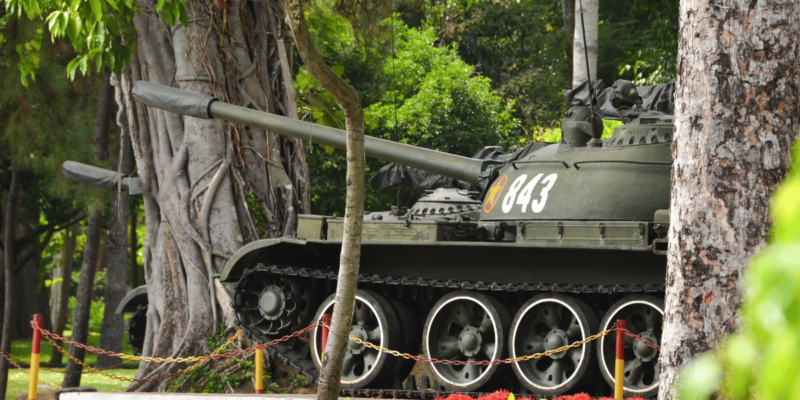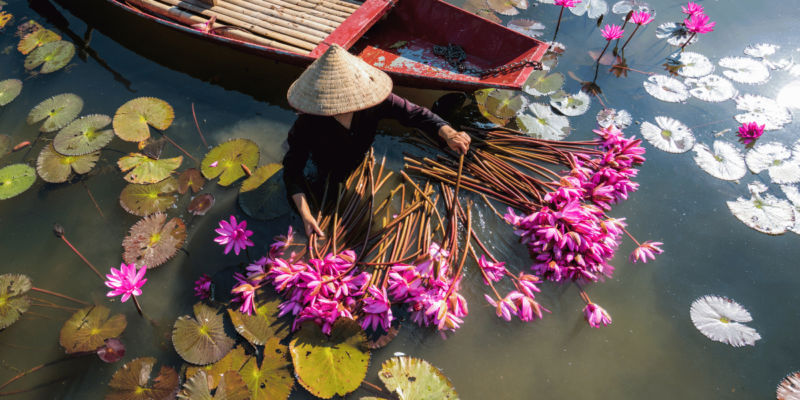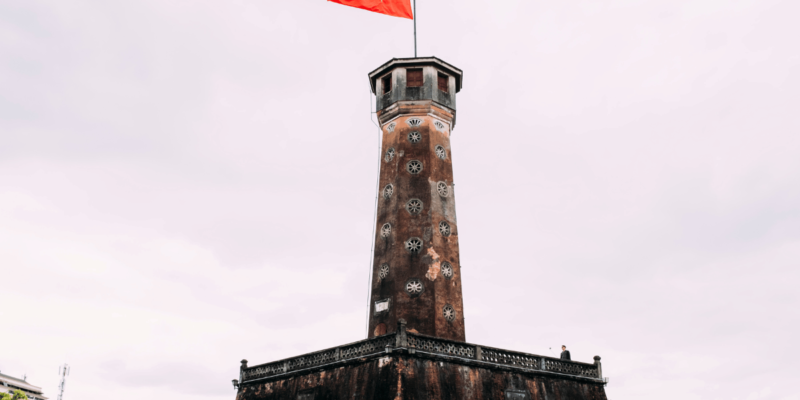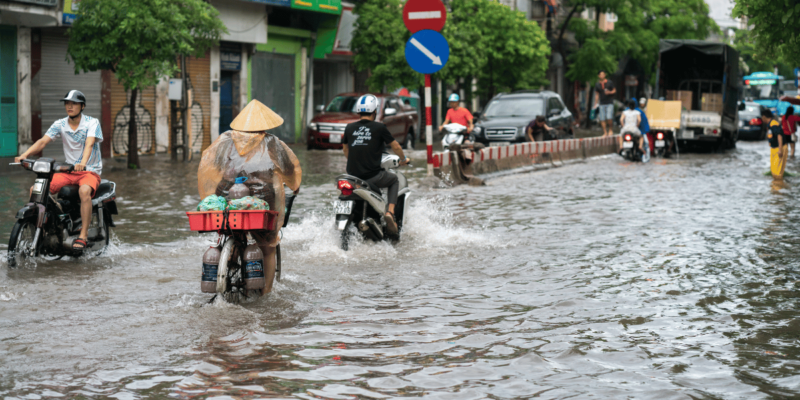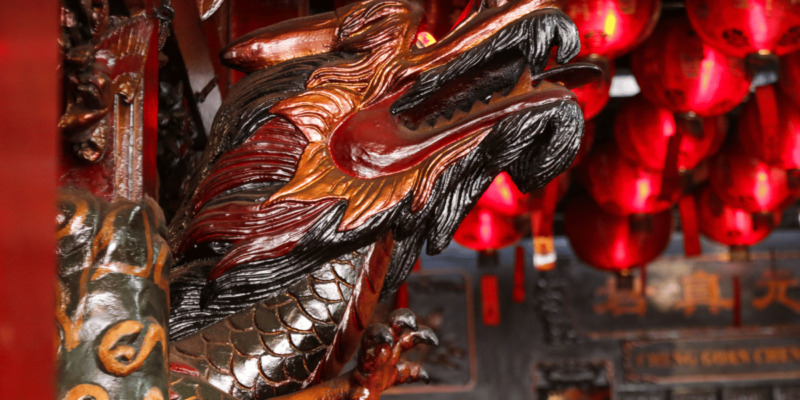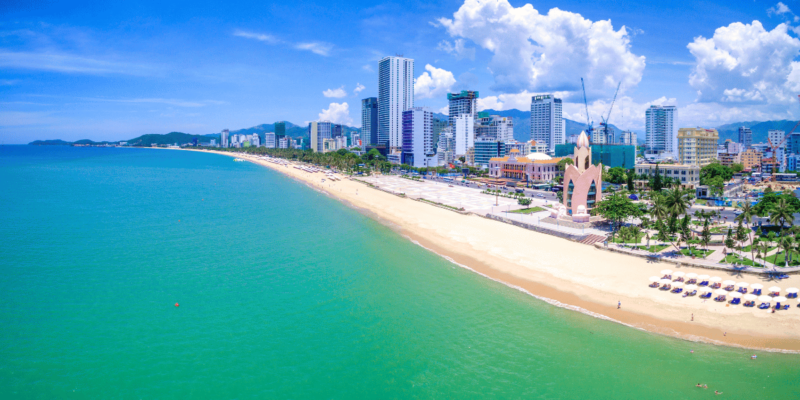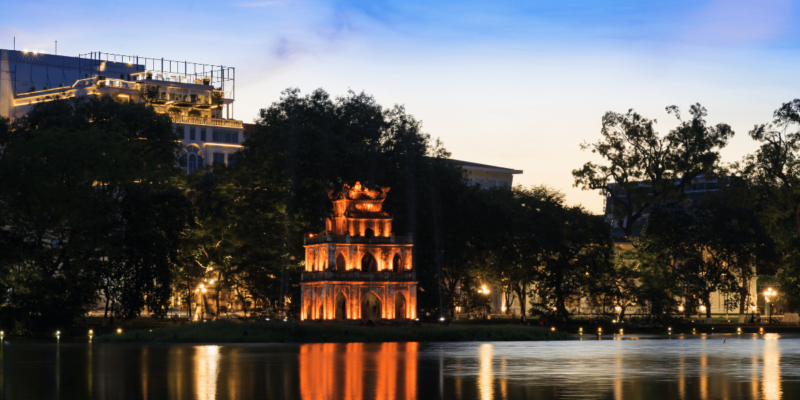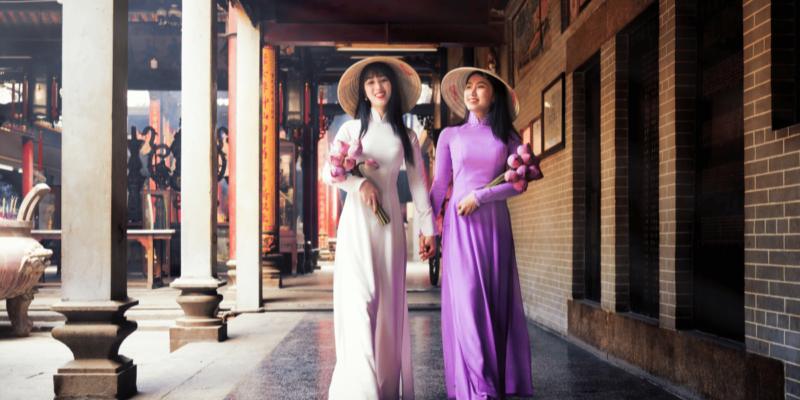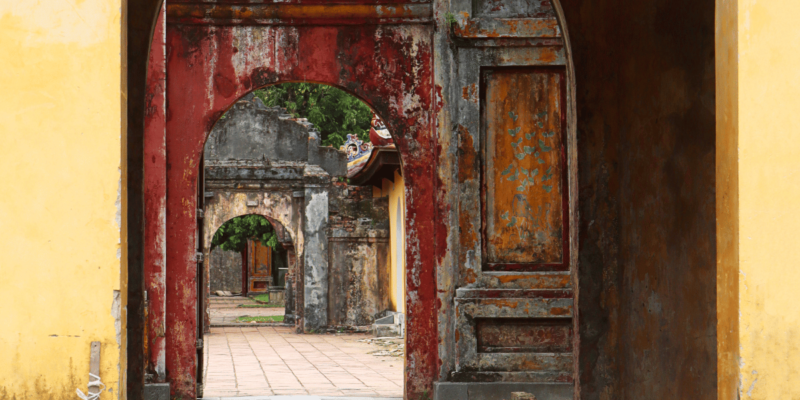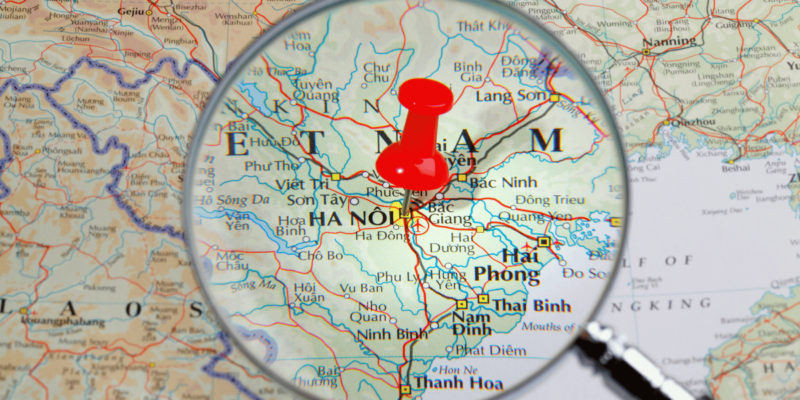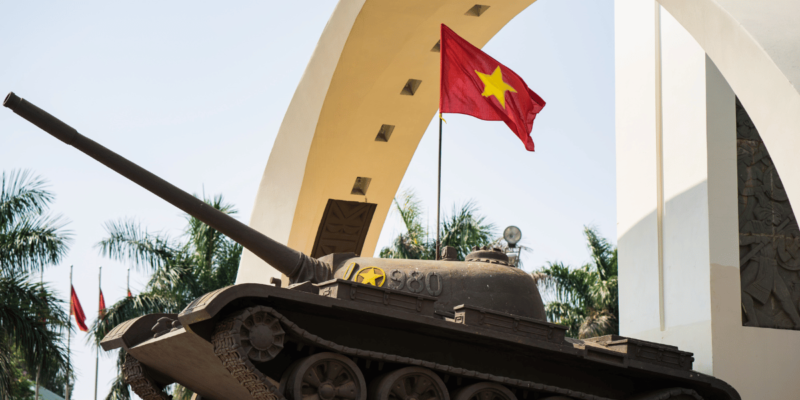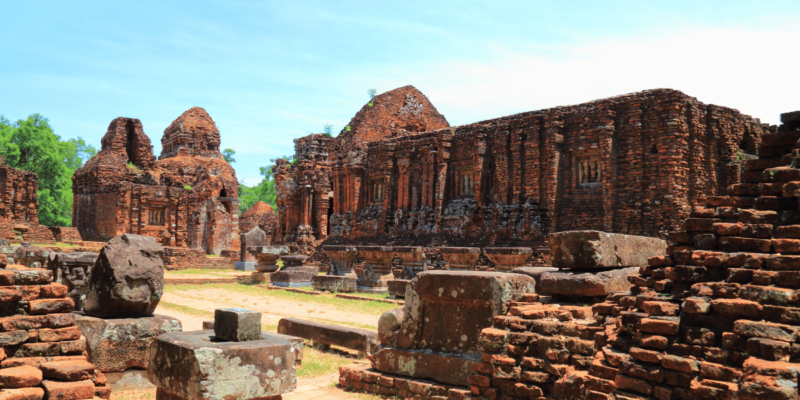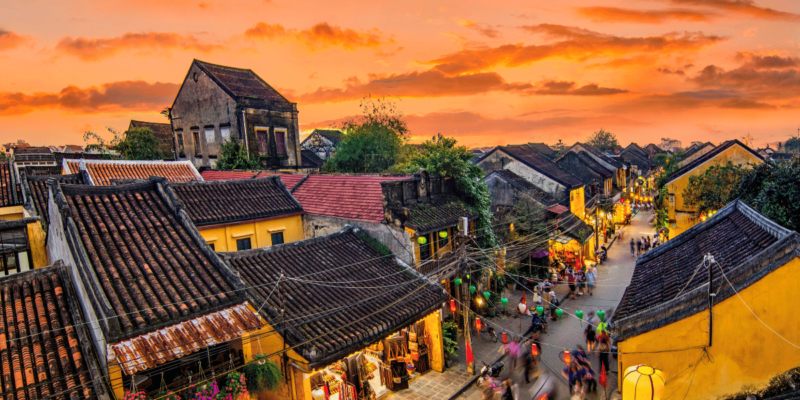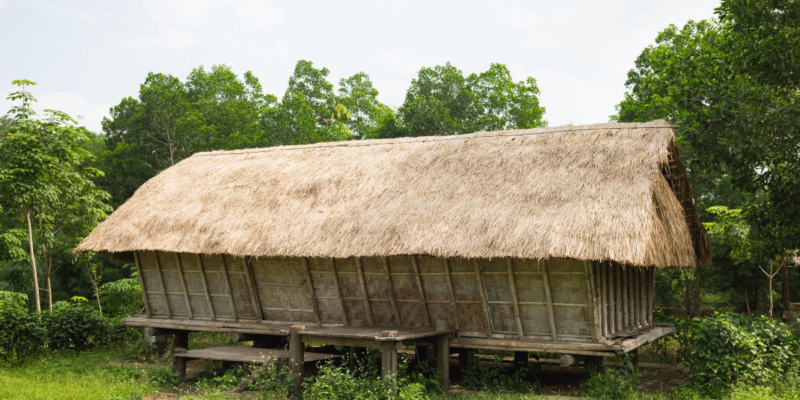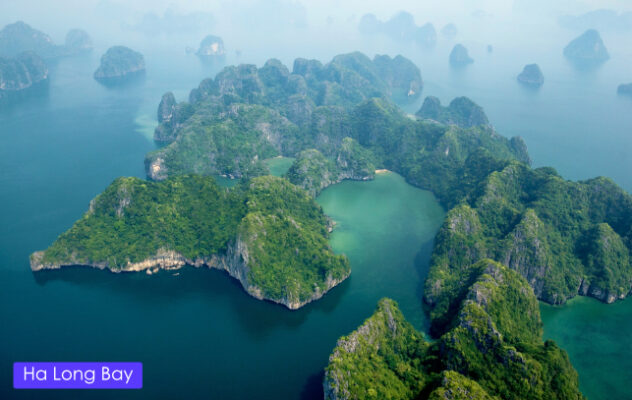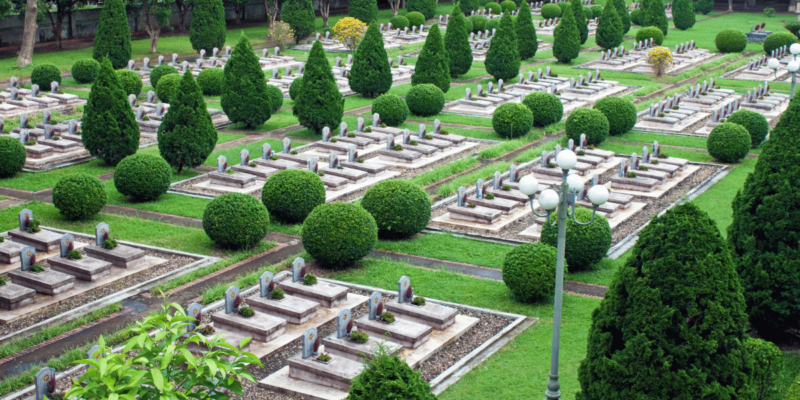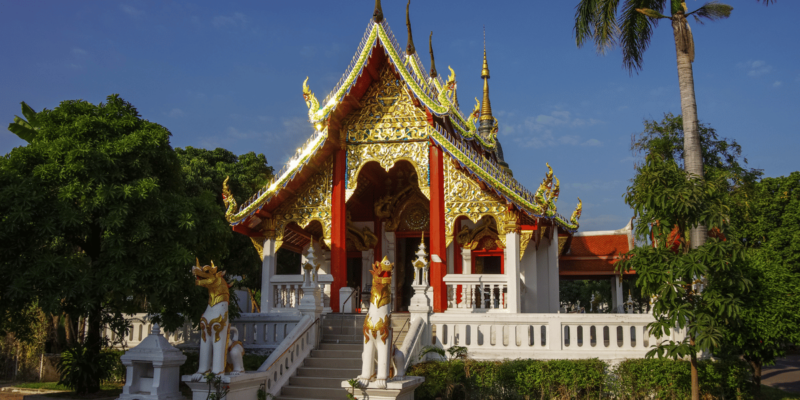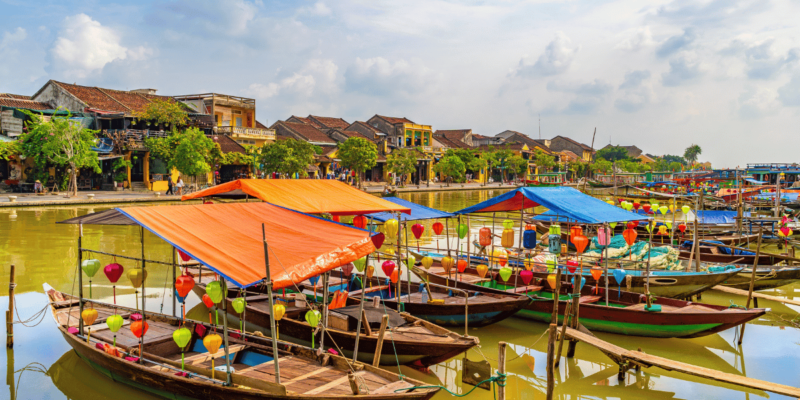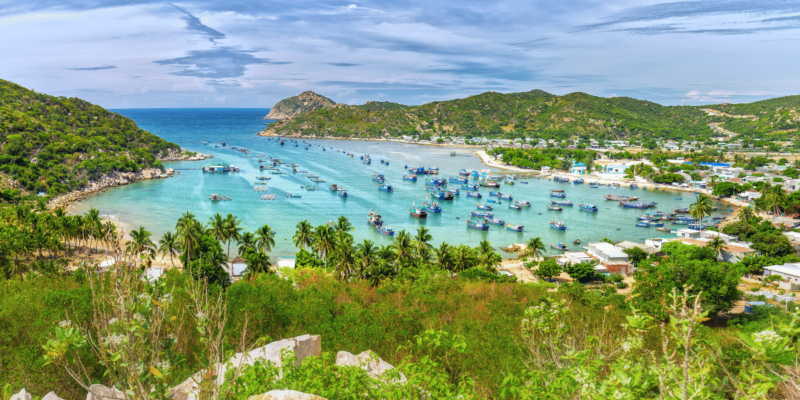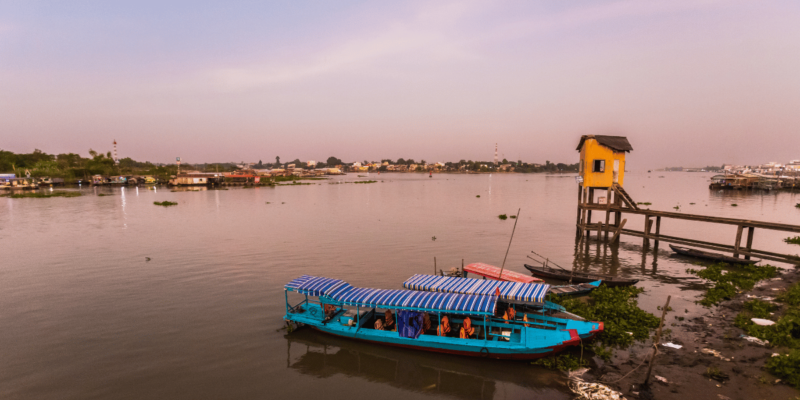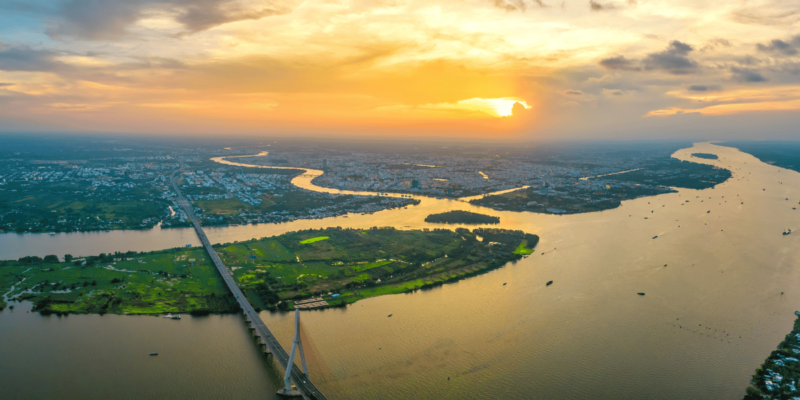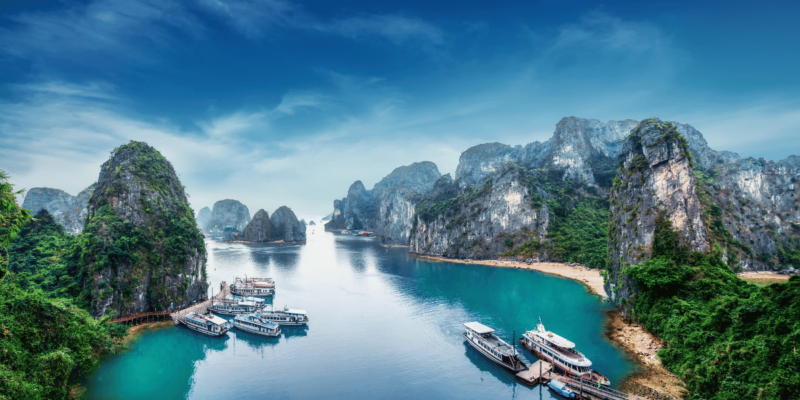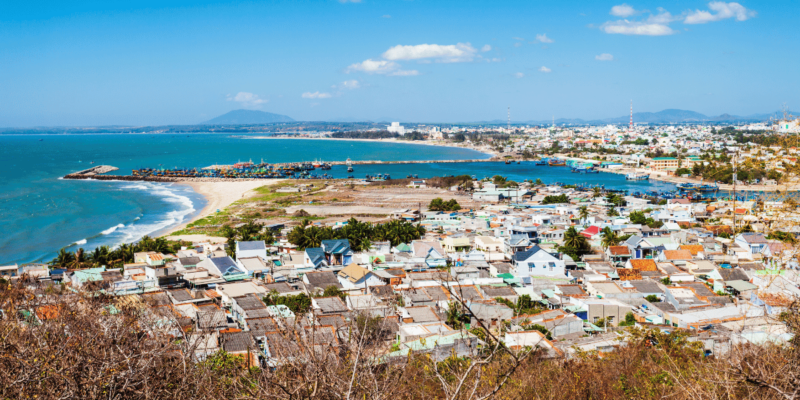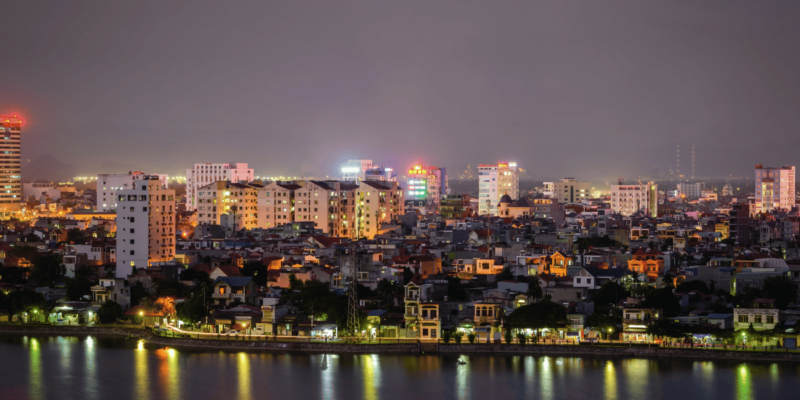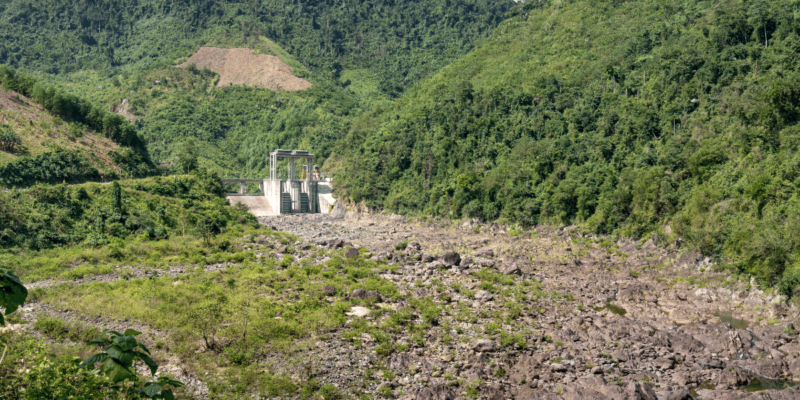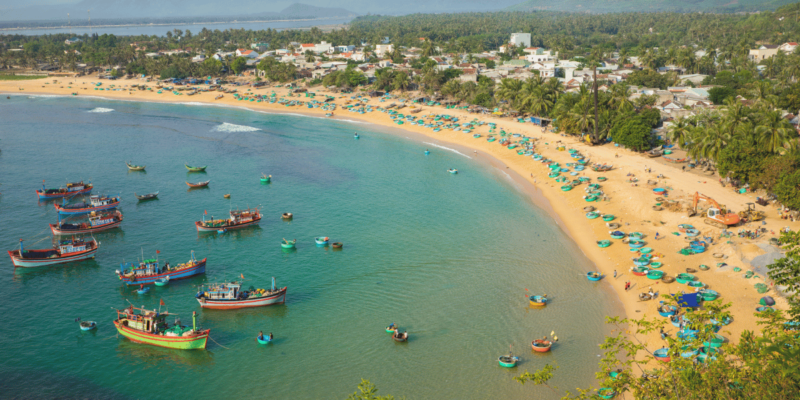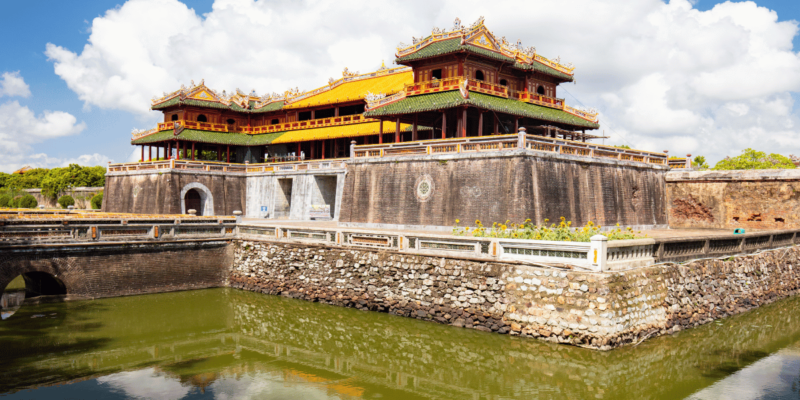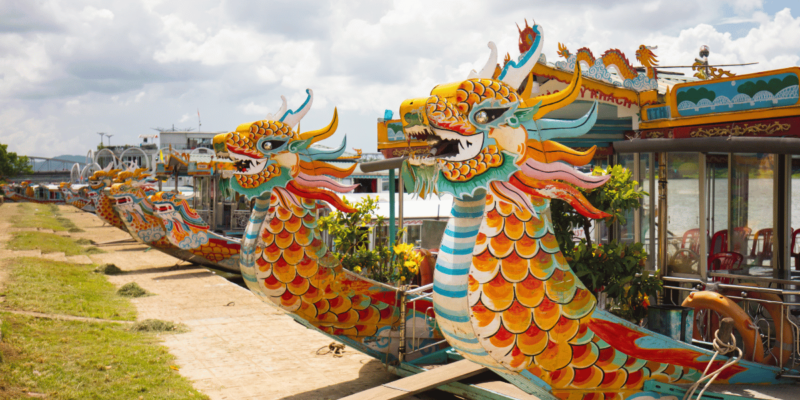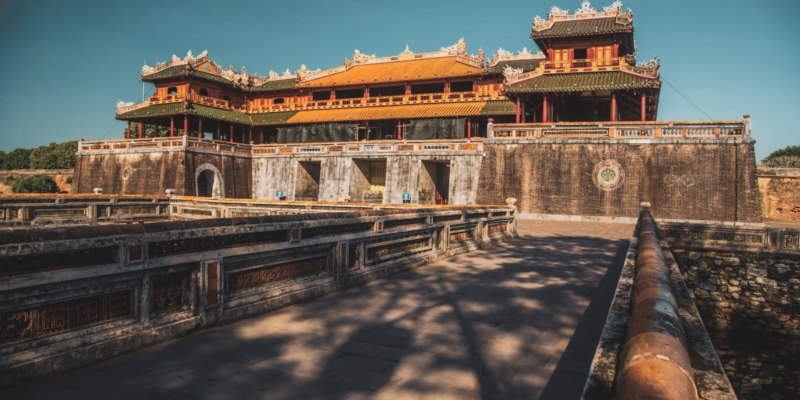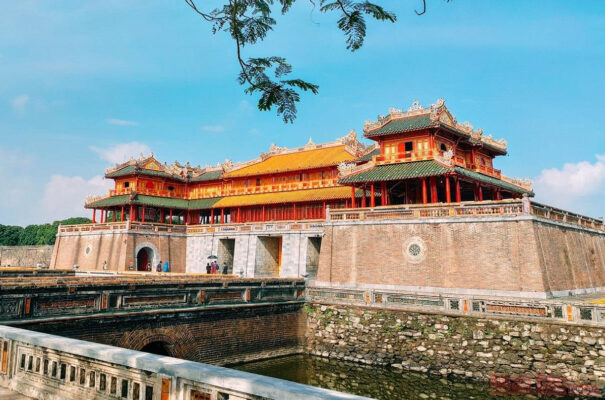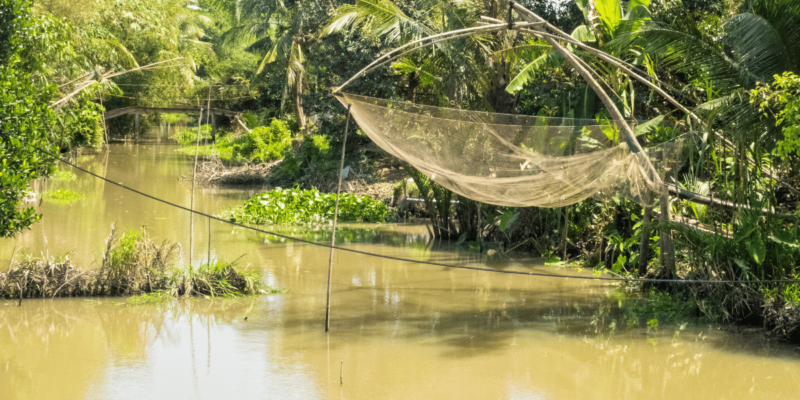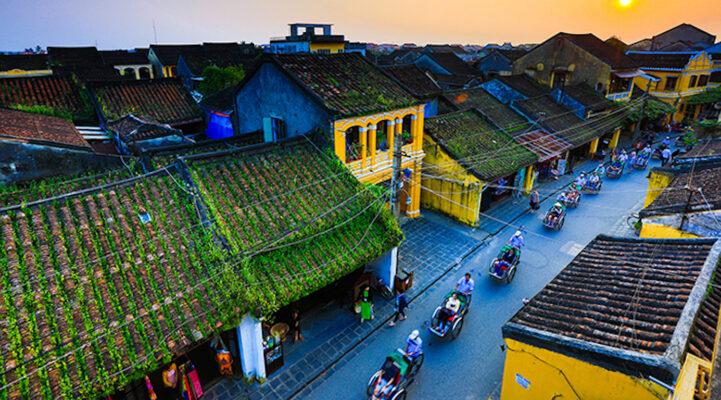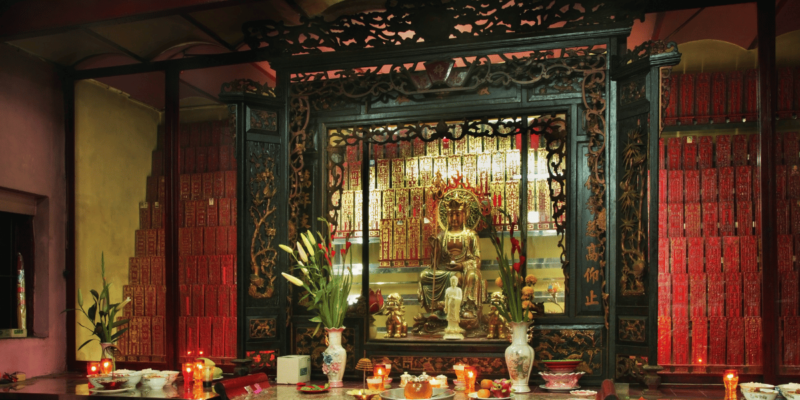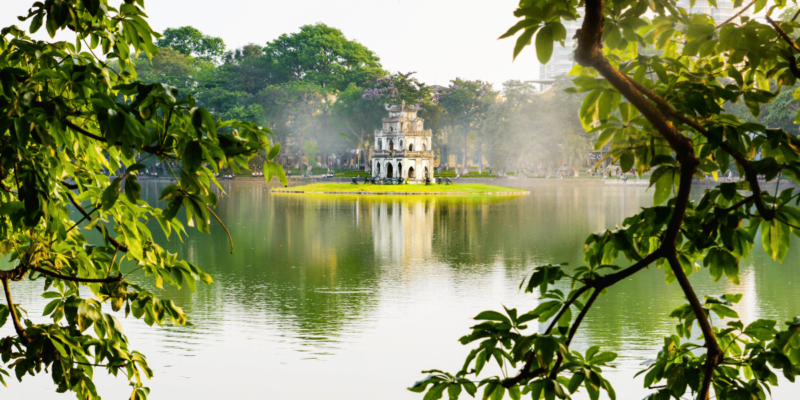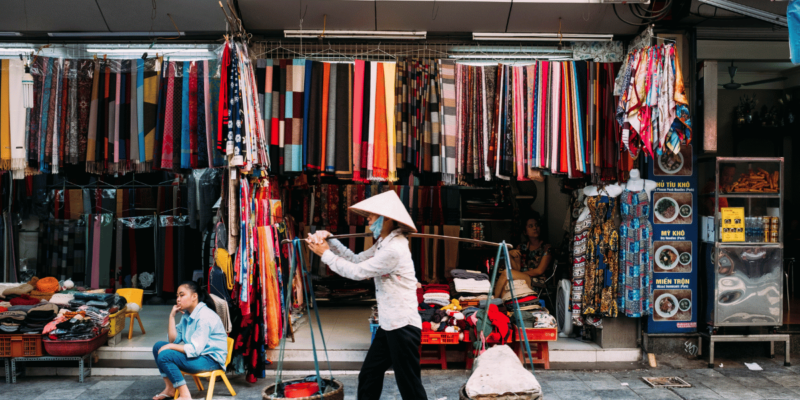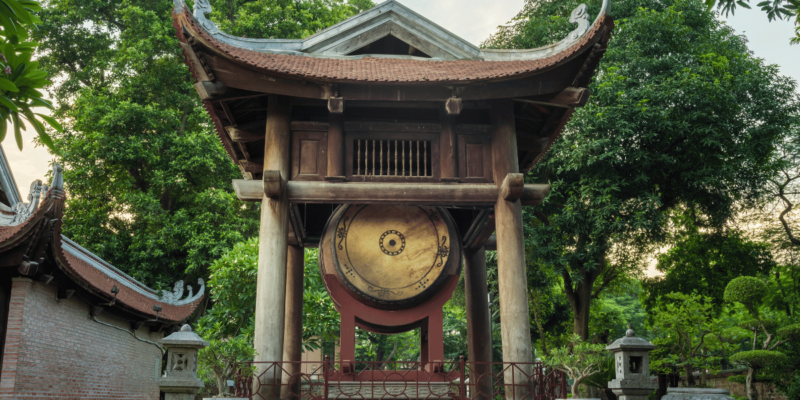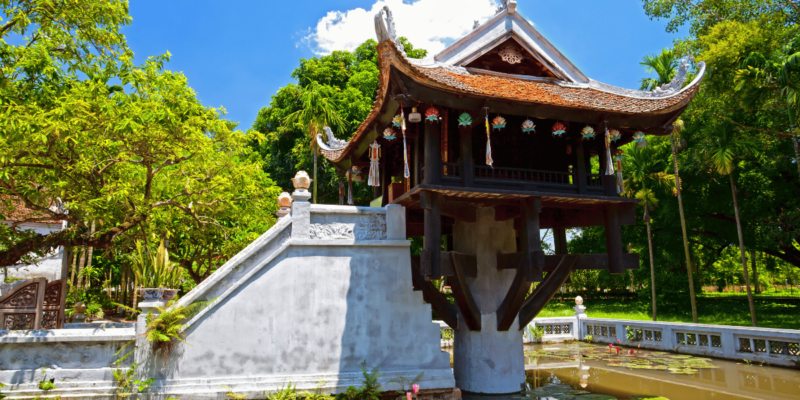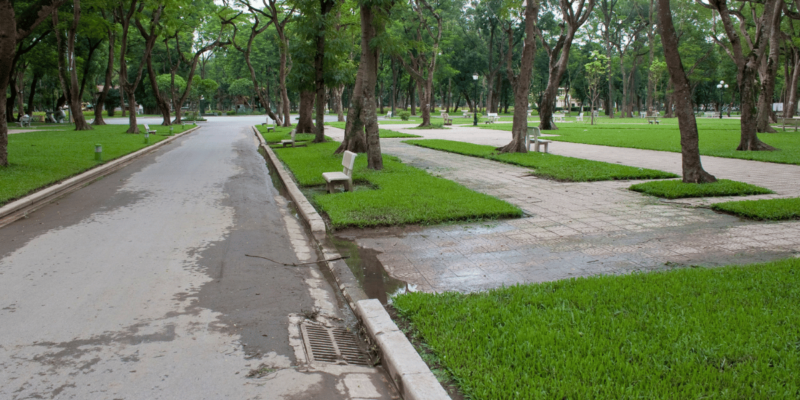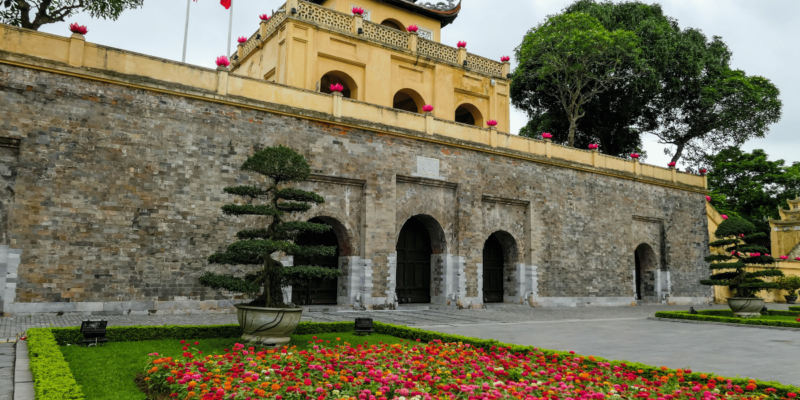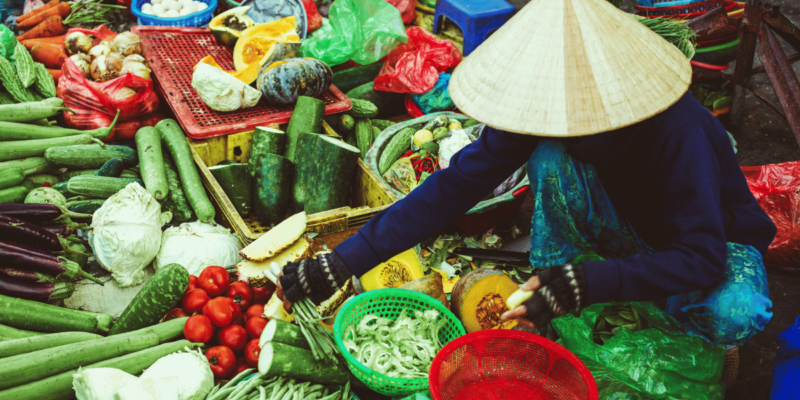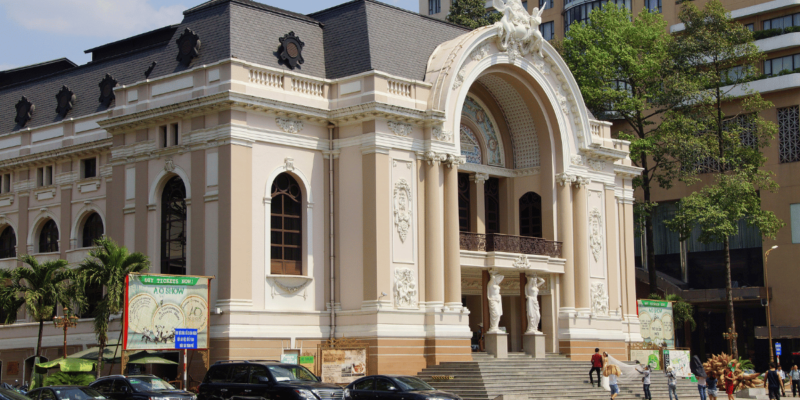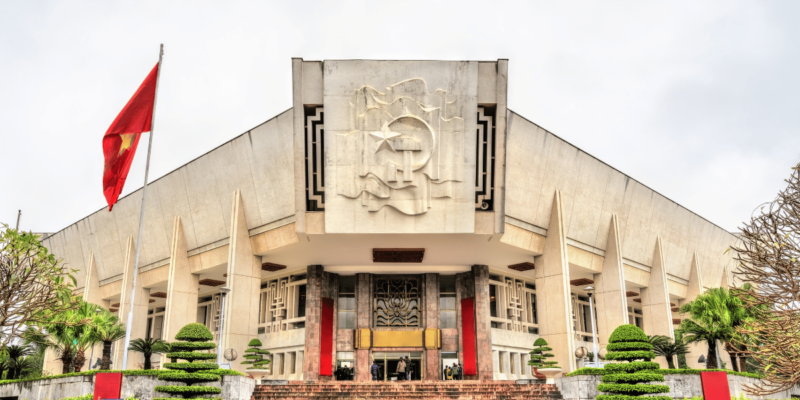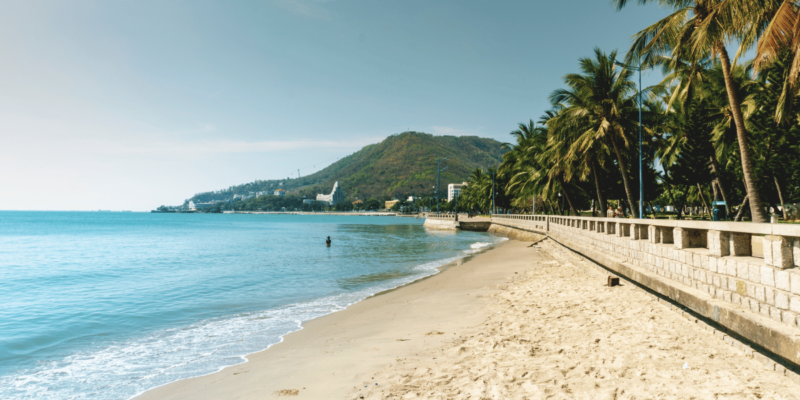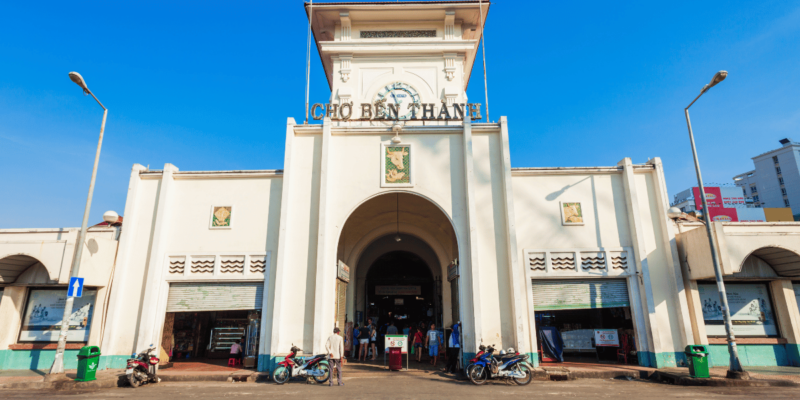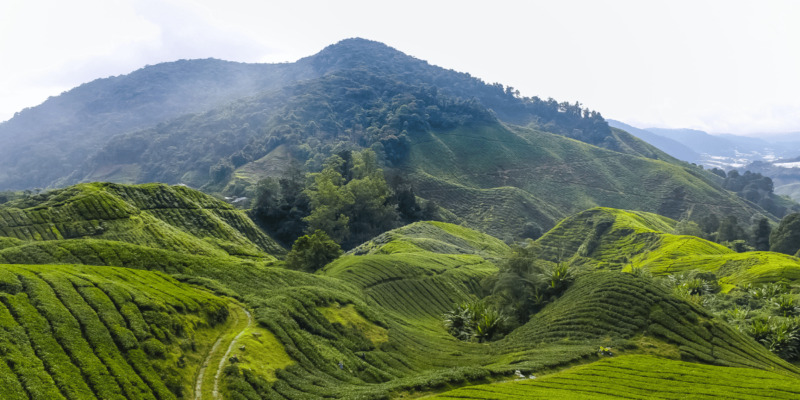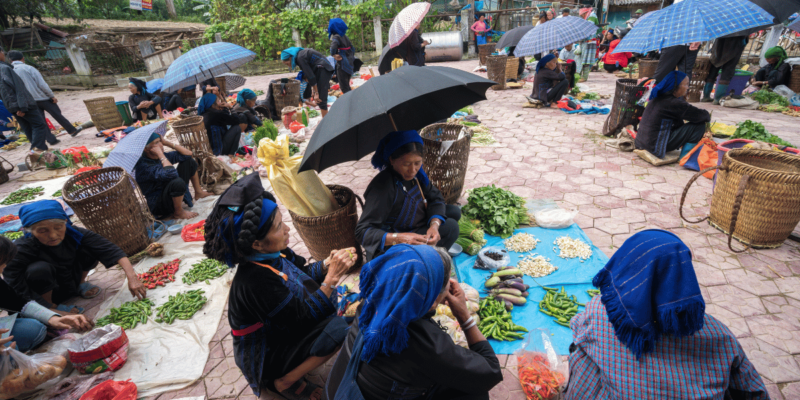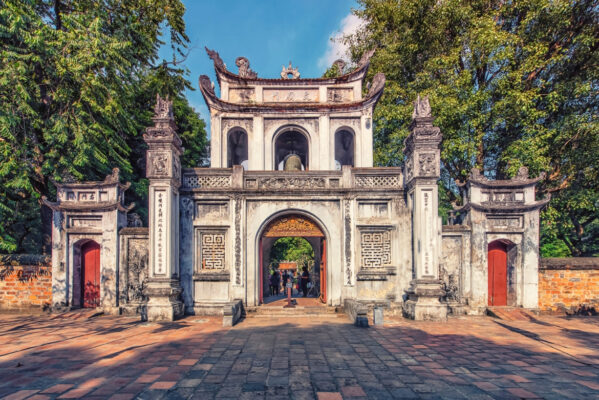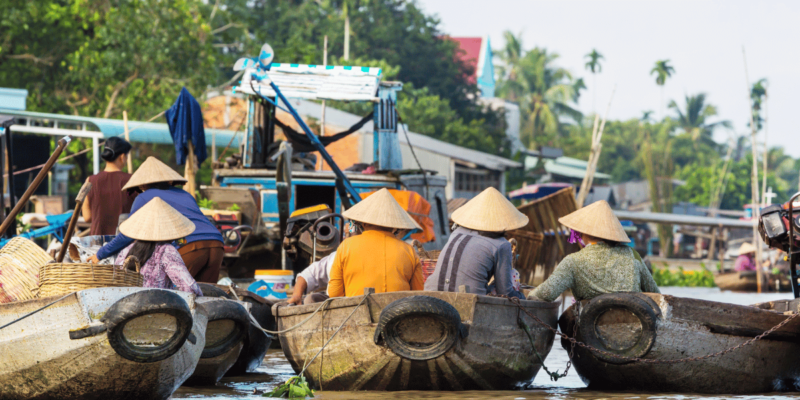Vietnam’s Cultural Legacy: An In-depth Exploration of Historical and Modern Influences
Ancient Foundations: Vietnam’s cultural roots extend deep into history, beginning with the advanced bronze-working Dong Son culture, which is known for its sophisticated drums that not only served practical purposes but also held significant ceremonial value. These artifacts symbolize the early Vietnamese capability in metallurgy and their deep connection to the spiritual world.
The legacy of the Champa Kingdom, with its enigmatic temples adorned with intricate carvings, showcases the artistic richness that predates major external influences. These sculptures and the architectural remains provide insight into a civilization that was contemporaneously vibrant and distinct from the Chinese cultural sphere.
Chinese Domination and Its Lasting Impact: The Chinese rule over Vietnam, spanning over a millennium, deeply infused Vietnamese society with Confucian and Buddhist ideologies. This era introduced structured governance and philosophical frameworks that have continued to influence Vietnam’s societal structure. The Confucian emphasis on familial piety and social hierarchy became cornerstones of Vietnamese culture, shaping the ethos of the society.
Buddhism, introduced in various forms, took root differently in the northern and southern regions of Vietnam, reflecting the diversity within the unified cultural framework of the country. This period also saw the integration of Chinese linguistic elements into Vietnamese, which continue to enrich the language today.
The Era of Dynastic Vietnam: Post-Chinese rule, Vietnam entered a phase of self-rule under various dynasties. These dynasties, while maintaining the bureaucratic systems and cultural practices inherited from China, also strove to forge a distinct Vietnamese identity. This period was marked by both cultural flourishing and military endeavors, as Vietnam expanded southwards, absorbing other cultures and territories.
Despite the conservative nature underpinned by Confucianism, Vietnamese culture during the dynastic periods saw the emergence of unique Vietnamese literature, poetry, and arts, which began to express local themes and stories, slowly diverging from the predominant Chinese influences.
French Colonial Influence and its Consequences: French colonial rule introduced Western cultural elements, modern administrative systems, and Christianity, which significantly altered the Vietnamese cultural landscape. The Romanized Vietnamese script, which is now the standard writing system, was promoted during this period, facilitating a wider literacy rate and greater accessibility to education and literary expression.
The imposition of European architectural styles, introduction of coffee culture, and new artistic forms like opera and painting challenged and enriched the local culture. However, the exploitation and harsh treatment by the colonizers also galvanized a strong nationalistic spirit that eventually fueled the struggle for independence.
Modern Transformations and Global Integration: Post-independence, particularly through the late 20th century, Vietnam underwent rapid transformations. The ‘Doi Moi’ economic reforms opened Vietnam to global markets, influencing contemporary cultural expressions and lifestyles. This period has seen a resurgence of traditional Vietnamese arts and crafts, now celebrated as national heritage and integral to the tourism industry.
The influence of global media and the internet has brought international music, fashion, and cultural trends into the daily lives of the Vietnamese youth, creating a vibrant cultural scene that blends traditional Vietnamese elements with global influences.
Vietnam today stands as a testament to its resilient and adaptive cultural heritage. As it navigates the complexities of globalization, it holds onto its rich traditions while embracing the opportunities and challenges of the modern world. The interplay between preserving the past and embracing the future continues to shape the cultural landscape of Vietnam, making it a unique and dynamic participant on the global stage.


